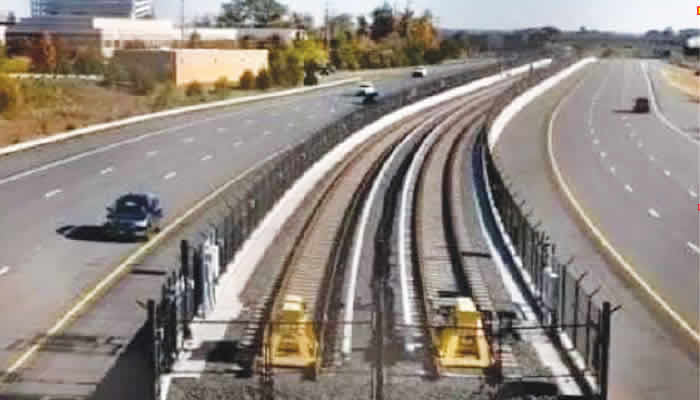In a recent press briefing held in Lagos State, Stella Okengwu, a prominent real estate investor and a leading voice for diasporan investments in Nigeria, expressed her outrage over the demolition of properties worth $250 million belonging to WinHomes Global Estate. Okengwu claims that the destruction resulted from an order issued by the Minister of Works, David Umahi, and describes this incident as a targeted attack on investment initiatives aimed at revitalizing Nigeria’s economy. The press conference aimed to shed light on what she termed the “illegal coastal road alignment,” which deviates from a previously established alignment documented in a 2006 gazette by then-Governor Bola Tinubu.
Okengwu detailed how she and her business partners were motivated by President Tinubu’s call to Nigerians abroad to contribute to the country’s development through investments upon his inauguration. In solidarity with this vision, they collaborated to acquire land for development projects that align with the government’s economic agenda. However, Okengwu claimed that the recent government actions have undermined their efforts and negatively impacted the diaspora community’s investments.
The demolition, which took place on October 5, 2024, was executed under the directive of the Federal Ministry of Works, allegedly without legal justification, and in contradiction to an authorized alignment intended for the proposed coastal road project. According to Okengwu, WinHomes Investment Scheme had a significant representation of diasporan investors, with about 70% of its subscribers being contributors from the diaspora. She highlighted that these individuals had followed legal protocols and obtained all necessary permits and documentation, including a certificate of occupancy, governor’s consent, and coastal road clearance before beginning their investments.
Further escalating the issue, Okengwu accused the Federal Ministry of Works of corruption, claiming that there was no valid reason for diverting the coastal road in the area. She contested the Ministry’s assertions regarding a marine hub cable that signaled the need for changing the road’s alignment. Additionally, she alleged that other property owners in the community successfully negotiated to spare their investments, while her own were indiscriminately demolished without warning. Urging President Tinubu to investigate potential corruption within the Ministry, she also sought the restoration of the original coastal road alignment to protect investors’ interests.
Despite the gravity of Okengwu’s claims, the Special Adviser (Media) to Minister Umahi, Orji Orji, provided a dismissive response, suggesting that any complaints should be channeled through official means for appropriate reactions. This indifference stands in stark contrast to the mounting concerns expressed by residents of the Okun Ajah community regarding the legality of the road diversion affecting their area. The community’s leadership has asked for governmental accountability, challenging the Minister’s rationale for altering the road’s planned route.
The Lagos-Calabar Highway construction, which commenced in March 2024, entails the development of a 700km stretch, with the first phase consisting of 47.7 km traversing through Lagos State. Minister Umahi suggested that construction would progress across multiple sections simultaneously pending necessary approvals and processes. This endeavor’s impact—coupled with decisions behind the major road realignment—has ignited frustrations among local stakeholders and investors who worry about the long-term implications of these developments on community growth and investment sustainability.
In summary, Okengwu’s call for intervention underscores rising tensions between government initiatives and local investor interests, particularly among diaspora communities. The situation highlights a critical need for transparency, legal adherence, and community engagement in infrastructure projects deemed vital for economic advancement. The outcome of the ongoing disputes may significantly influence future investment decisions from both local and international partners in Nigeria’s real estate market and beyond.














